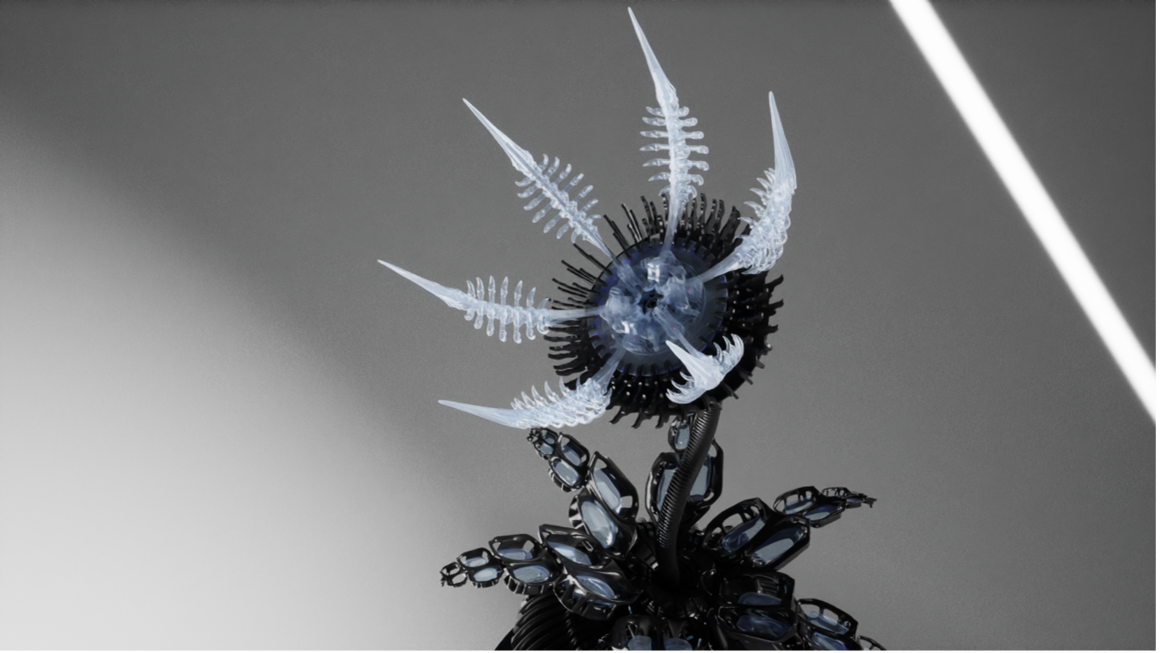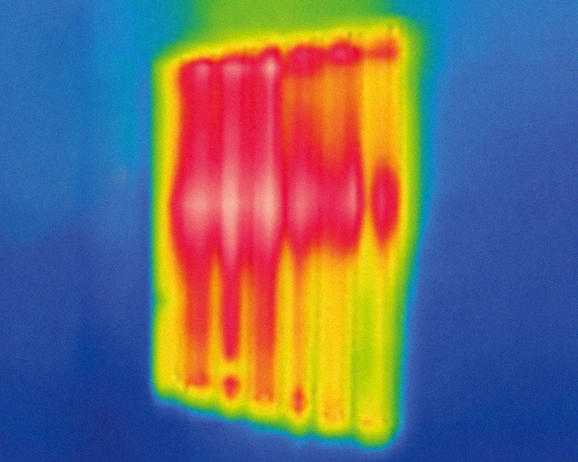Microbial Hydroponics
How might simple organisms impact the future of energy?

The built environment accounts for 40% of the total global carbon footprint. Architects and city planners are looking to nature for regenerative ways of living, which go beyond the carbon-neutrality of net-zero strategies to benefit the environment. In this series of short talks scientists and designers will discuss how it is possible to engineer a new relationship between microbes, plants, technology through the production of energy, and what this means for how we will live.
Rachel Armstrong is Professor of Design Driven Construction for Regenerative Architecture at KU Leuven, Belgium, and a pioneer of ‘living’ architecture.
Ioannis Ieropoulos is Professor of Environmental Engineering at Southampton University, UK, who specializes in microbial fuel cells (MFCs) fed with organic waste.
Jorge Barriuso is a principal investigator at the Centre for Biological Research (CIB), Spanish National Research Council (CSIC) focussing on the industrial applications of cell-to-cell communication mechanisms in bacteria and fungi.
Markus Schmidt explores the creative interface between art and science.
Neil Willey is a Professor of Environmental Plant Physiology at the University of the West of England, UK.
The event is part of the Microbial Hydroponics (Mi-Hy) project, which is a circular Hydroponic-Bioelectrical System for urban agriculture that is funded by the EIC Pathfinder Challenges program (no. 101114746).

